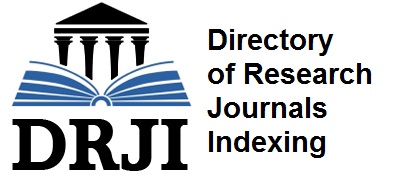Society in turmoil: The first economic reforms of a communist nature and the social consequences in Albanian society 1945-1948
Abstract
By the end of the WWII, Albania followed a centralized and planned economic policy and the Soviet model was undertaken. The economy was the reflection of the political alliances that Albania created within the socialist world. Like King Zog, his political opponent, Hoxha, also followed a policy of alliances to help the economic reconstruction of the country. Relations with Yugoslavia were strengthened 1944-1948 with a series of economic treaties signed to bring the country out of the post-war emergency phase.
L’Albania dopo la Seconda Guerra Mondiale, seguì una politica economica centralizzata secondo il modello sovietico. L’economia era il riflesso delle alleanze che l’Albania aveva creato all’interno del mondo socialista. Come il re Zog, anche il suo avversario Hoxha seguì una politica di alleanze per aiutare la ricostruzione economica del paese. I rapporti con la Jugoslavia, furono rafforzati tra il 1944-1948 con una serie di trattati siglati per far uscire il Paese dalla emergenza del dopoguerra.

This work is licensed under a Creative Commons Attribution-NonCommercial 4.0 International License.
Authors who publish with this Journal agree to the following terms:
Authors retain copyright and grant the Journal right of first publication with the work simultaneously licensed under a Creative Commons Attribution-NonCommercial 4.0 International License.
This Journal permits and encourages authors to post items submitted to the Journal on personal websites or institutional repositories both prior to and after publication, while providing bibliographic details that credit, if applicable, its publication in this Journal.

















